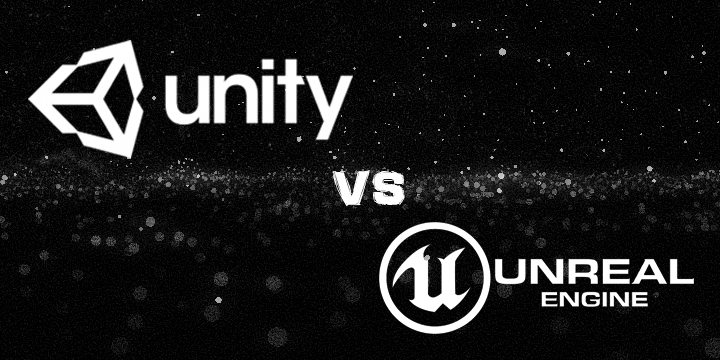The Engines that Power Virtual Reality Development
April 19, 2016 written by Nishanth Babu

This year will be seeing the release of a variety of Virtual Reality devices, which will lead to an increased demand in quality VR applications.
One of the things to keep in mind is that, unlike traditional development, VR will need a much larger time investment and a new development cycle. Design and Development are going to both play key roles throughout the production phase of VR apps.
What does this mean for Developers? In my opinion, it’s the dawn of a new age. These devices will enable developers to express their ideas and apps in a whole new environment.
Since this is such a new concept, very few companies have started working on consumer apps and projects and a lot of companies, Internet Academy included, are heavily investing into research applications for VR.
A few things to keep mind, VR Development is very different from traditional programming. You will be dealing with creating an environment for your users to interact with. This is done using game engines. These engines allow developers to design and create VR spaces and program various features.
There are many engines that support VR Development, but the more popular ones are the Unity 5 and the Unreal 4 engines. Let’s take a quick look at both of them.
Unity 5
The Unity engine has been used in a large number of games and was primarily used in Mobile Gaming. But over the past few years, newer iterations of the engine have extended their support to a large number of platforms, including browsers with Unity Web.
This engine requires developers to have a grasp of C# and JavaScript in order to write scripts for their development environment. However, it does have a large number of functions and scripts for simulating an environment – like physics, lighting, object manipulation, audio mixers and animation.
This makes it much easier for programmers and artists to dive in and start creating an environment. The company also launched the Unity 5 Personal Edition that is targeted towards small scale developers and is available free of cost. The personal edition has all the base features of the engine and is royalty-free.
Engine: Unity
Developed by: Unity Technology
Platforms Supported: PC, iOS, Android, PlayStation, Xbox, WiiU and Browsers
Applications: Education, Health, Military, Gaming, Architecture, Automotive and IT
Website: unity3d.com
Unreal 4:
The Unreal Engine comes from the pedigree of some of the most talented game developers in the market. The first Unreal Engine was developed for their game Unreal Tournament. Since then, the Unreal engines have been lauded as some of the most powerful and graphically capable engines in the market.
Their latest version, Unreal 4, is a complete suite for development, which supports visual scripting and animation tools – as well as DirectX 11 and 12 rendering.
What does this mean? Well, DirectX is a collection of APIs that enable programs to easily interface with the computer and allows it to assign resources that the program requires to run. Most games today are still using DirectX 10 and 11, so the unreal engine is a little ahead of the curve.
At the Game Developers Conference 2016, Epic Games unveiled the Virtual Reality Development option for their engine, which is basically as cool as it sounds. You can develop your app or game with a VR headset using the controllers to manipulate the environment. This feature is now live and anyone with a headset can give it a go.
The Unreal Engine requires extensive knowledge of C++ and is free to use and download but comes with a 5% royalty on gross revenue for any app or game developed with it. However, the royalty does not apply until you have made at least 3000 USD (~ 2,00,000 INR) in a quarter.
Engine: Unreal
Developer: Epic Games
Platform: PC, iOS, Android, Xbox, PlayStation
Applications: Education, Health, Military, Gaming, Architecture, Automotive and IT
Website: epicgames.com
Now, you may be wondering, which one is the best? Well I think both of these engines are amazing, but I would recommend the Unity Engine for beginners and small scale development as it is easier to learn and use, and the Unreal Engine for large scale development as it boasts a huge number of additional features and systems.



